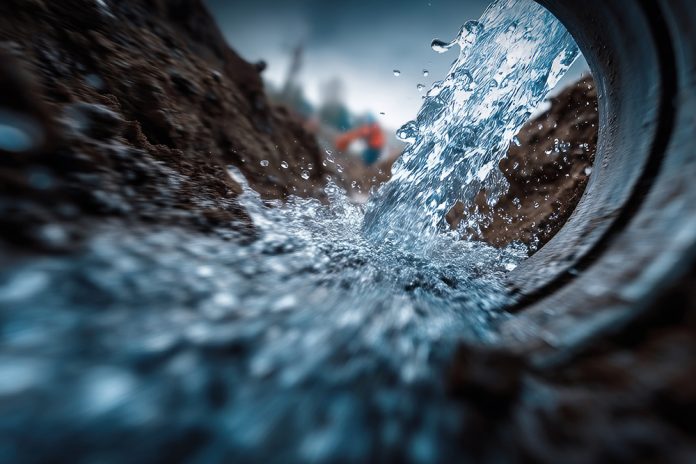Six months after its introduction, Daniel Redfern, director of tech-specialist firm Envirovue, considers if the Water Act is set to achieve its overall goal, or if accountability is just one point in driving change.
Six months ago, the Water (Special Measures) Act was launched by Parliament as part of a proposal to ‘improve accountability’ in the utilities sector and to ‘protect UK waterways’.
The legislation introduced stricter accountability measures, including enabling the Environment Agency to enforce even harsher sanctions on water companies seen to be ‘dumping’ waste into waterways.
The government is making moves to take a hands-on approach, but as the industry pushes on with its progress to mitigate water waste and pollution, does this new Water Act benefit the sector?
An overview of the legislation
The Water (Special Measures) Act was introduced to reduce sewage dumps by 45 percent1 over the next five years through increased accountability, stricter sanctions and other deterrent techniques.
Water companies must now navigate new legislation and work to find cost-effective solutions to avoid the expensive storage of water waste, whilst keeping costs to a minimum and supply at a high.
Legislation in practice and reality
The Water Act encourages water companies to reflect on processes through public magnification, however is forcing public accountability the way to support firms into disposing of wastewater differently?
Liability is being sought out to shame under the guise of improving public trust, but with more exposure than ever before for water companies, the government needs to support water companies with tangible solutions at affordable price points – not added pressure and greater cost.
In the mission to keep British water ways clean, action must be taken to not simply blame water companies but support them, and a roadmap is required to ensure feasibility.
Is accountability the driving force behind actionable change? Or is it a robust system and process?
Wastewater infrastructure
When established, the UK’s wastewater infrastructure was designed to have sewage and storm overflows discharge directly into rivers and seas. While legislation is rightly tightening to curb mixing water, the conversation must also acknowledge that infrastructure is dated.
Today, water companies are frequently criticised for allowing sewage to enter waterways, yet this overlooks the fact that they are often operating with an inherited system that would cost billions to upgrade.
Whilst no one disputes that these discharges are undesirable and should be eliminated, the conversation needs balance. Instead of casting water authorities solely as culprits, there must be recognition of the work they are already doing, often in challenging circumstances, to modernise infrastructure, reduce pollution and innovate in wastewater reuse.
This is where a more collaborative approach is essential across legislation. The Water Act, while well-intentioned, could be more effective in helping utilities meet ambitious environmental targets.
Future gazing and considering AMP8
To support the Water Act and future strategy in a way that focuses on infrastructure, tracking and technology, the industry must reflect, learn and evolve beyond blame.
AMP8, the UK’s current investment cycle, has been set out to shape business plans, investment and performance standards to drive long-term sustainability and improved outcomes across the UK water sector.
While Ofwat, the regulatory body, has been disbanded, AMP8 will continue to regulate the UK water industry for the next five years.
As the eighth regulatory period to improve the UK water industry, AMP8 is set to be the most successful cycle to date. Representing a £104 billion investment in the sector2, it is clear that investment is available but a keen focus on infrastructure updates is required.
There’s a real opportunity for change in the water sector, and once regulatory bodies, government, waste handlers and water companies start working together – that’s when we’ll be able to protect our waterways.
envirovue.io
Sources:
1. https://www.gov.uk/government/news/new-water-special-measures-act-section-comes-into-force
2. https://www.gov.uk/government/news/reed-government-to-cut-sewage-pollution-in-half-by-2030





